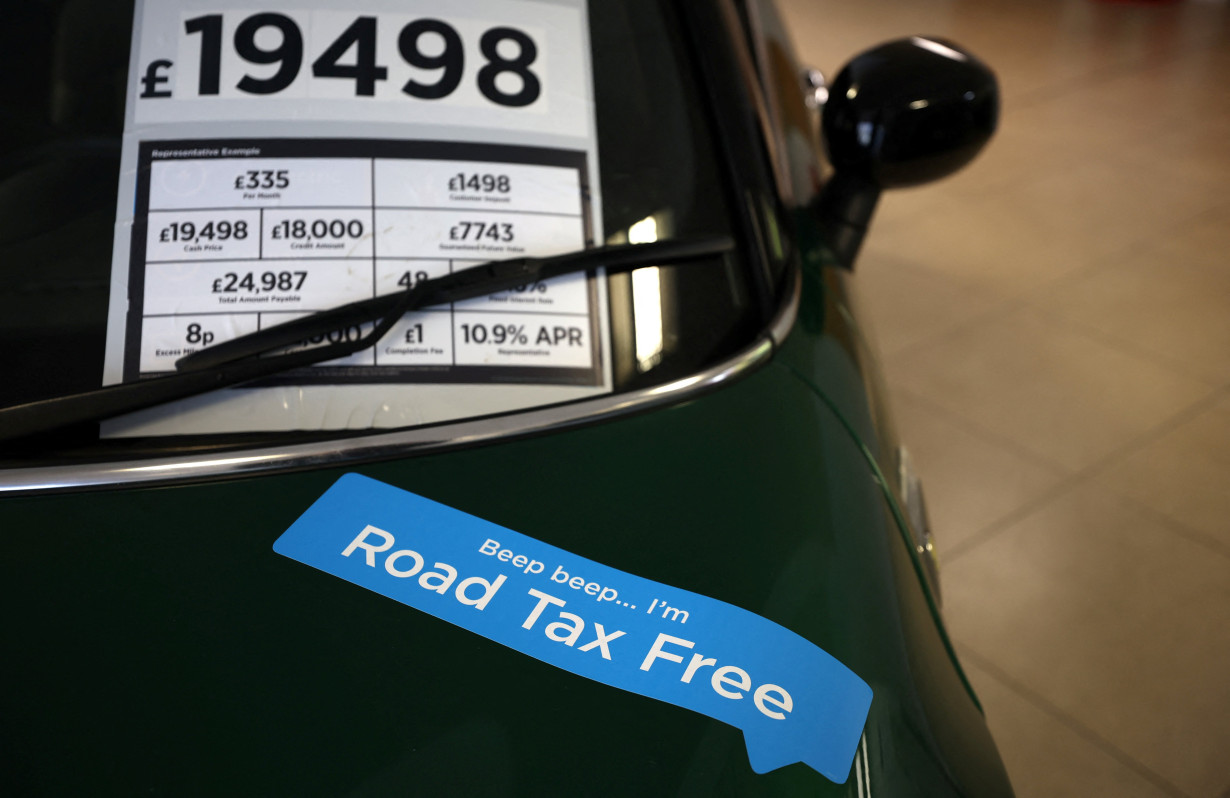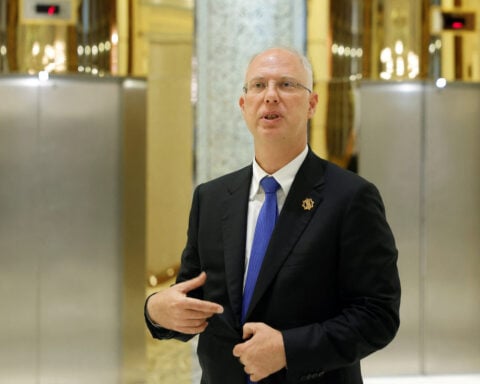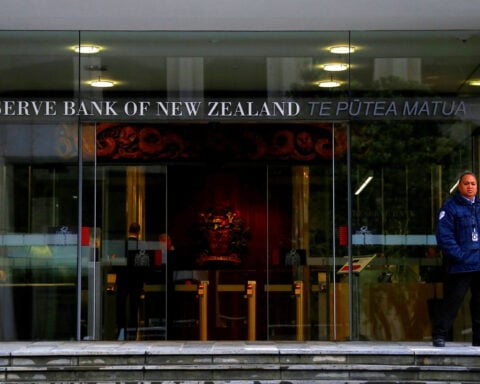By Sinead Cruise
LONDON (Reuters) - The Supreme Court of the United Kingdom will on Tuesday hear arguments to overturn a judgment that could cost Britain's financial industry billions of pounds in fresh legal costs and potential customer compensation.
The Court of Appeal ruled in October that it was unlawful for lenders to pay commissions to motor dealers without a customer's informed consent, triggering speculation about the nature and scale of possible remedies for affected borrowers.
Lloyds Banking Group, Close Brothers and Santander UK have together already set aside more than 1.5 billion pounds ($1.9 billion) to cover potential compensation claims.
Some analysts say the fallout could be the costliest for banks since they paid almost 40 billion pounds in compensation to customers for mis-selling payment protection insurance.
WHAT WILL THE SUPREME COURT CONSIDER?
Reviewing three earlier claims - two against South African lender FirstRand and one against Britain's Close Brothers - the Supreme Court will decide the extent of car dealers' legal responsibility to provide appropriate information to consumers when also acting as credit brokers.
Assuming a duty of care is owed, the court is also expected to rule whether commissions paid by lenders to car dealers were "secret" or insufficiently disclosed, and whether lenders are liable as accessories for procuring the credit brokers' breach of duty.
If lenders are considered liable, and the relationship between lender and consumer is considered "unfair" under the Consumer Credit Act 1974, the court will decide what kind of remedy errant lenders have to make.
The Supreme Court's judgment is expected in the summer.
WHO MIGHT BE IMPACTED?
The Financial Conduct Authority banned the payment of discretionary motor finance commissions in 2021, eliminating incentives for brokers to hike the interest rate customers pay on their motor finance loans.
But some customers say they were treated unfairly before the ban came into effect, prompting the FCA to launch a probe in January 2024 into historic potential misconduct.
If the Supreme Court rules lenders and brokers should have been more transparent about commissions, the regulator has said it will consult on the structure of a compensation scheme within six weeks.
More than 2 million people a year rely on the motor finance market to buy a car, FCA data shows.
HOW MUCH COULD BANKS HAVE TO PAY?
Only a handful of UK lenders have motor finance businesses large enough to be materially concerned about the ruling.
These include Lloyds, Close Brothers and Santander UK, which have already made provisions of 1.15 billion pounds, 295 million pounds and 165 million pounds respectively.
But analysts say other types of commissions paid by banks to credit brokers could face scrutiny if the court decides customers must consent to such payments.
Total 'worst case' industry costs could reach 30 billion pounds, ratings agency Moody's said in November.
RBC Capital has estimated a 'base case' impact on banks and non-banks of almost 18 billion pounds.
WHAT MIGHT INFLUENCE THE SUPREME COURT DECISION?
The outcome of another legal dispute, Expert Tooling vs. Engie Power on March 21, could have a bearing on the motor finance ruling.
That case involved Engie supplying electricity to Expert Tooling via an energy broker. The Court of Appeal found that the commission paid to the broker should have been disclosed. However, it did not find Engie an accessory to the broker's breach of duty due to the lack of evidence of dishonesty.
Some lawyers say lenders will likely escape significant financial liabilities unless claimants can prove commission payments were concealed or hidden dishonestly.
Others are not so sure, citing key differences between the cases, including that the claimant in Expert Tooling vs Engie was a business, not a consumer.
WHAT NEXT FOR THE BANKING INDUSTRY?
Several major British banks have signalled an interest in recent months in mergers and acquisitions, but worries about a damaging consumer finance scandal have cast a pall over dealmaking.
Clarity over the ruling and any compensation scheme could unlock cash set aside to cover legal expenses and revive M&A activity, analysts and bankers say.
($1 = 0.7738 pounds)
(Reporting by Sinead Cruise. Editing by Mark Potter)

 Trump has begun another trade war. Here's a timeline of how we got here
Trump has begun another trade war. Here's a timeline of how we got here
 Canada's leader laments lost friendship with US in town that sheltered stranded Americans after 9/11
Canada's leader laments lost friendship with US in town that sheltered stranded Americans after 9/11
 Chinese EV giant BYD's fourth-quarter profit leaps 73%
Chinese EV giant BYD's fourth-quarter profit leaps 73%
 You're an American in another land? Prepare to talk about the why and how of Trump 2.0
You're an American in another land? Prepare to talk about the why and how of Trump 2.0
 Chalk talk: Star power, top teams and No. 5 seeds headline the women's March Madness Sweet 16
Chalk talk: Star power, top teams and No. 5 seeds headline the women's March Madness Sweet 16
 Purdue returns to Sweet 16 with 76-62 win over McNeese in March Madness
Purdue returns to Sweet 16 with 76-62 win over McNeese in March Madness








